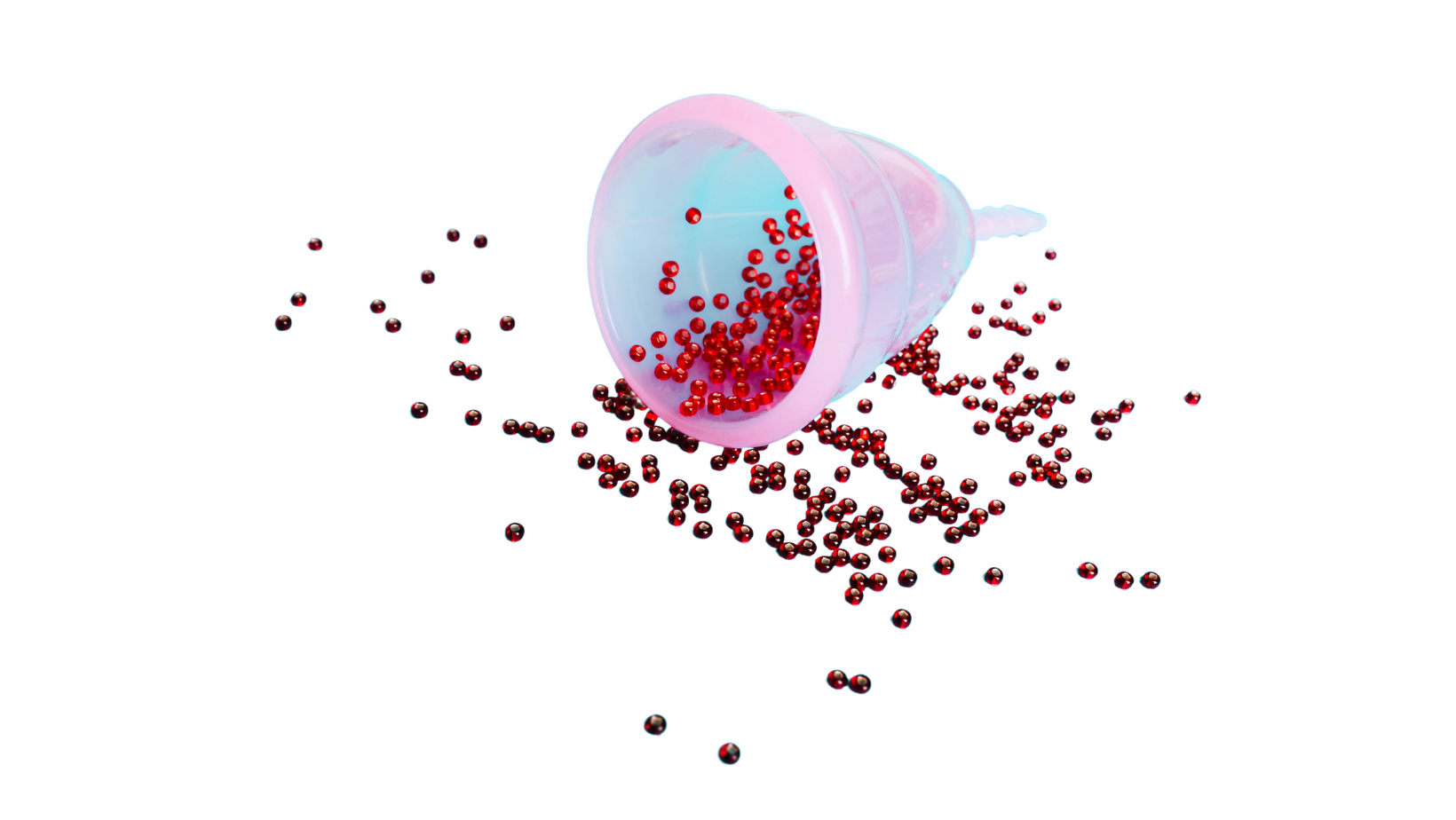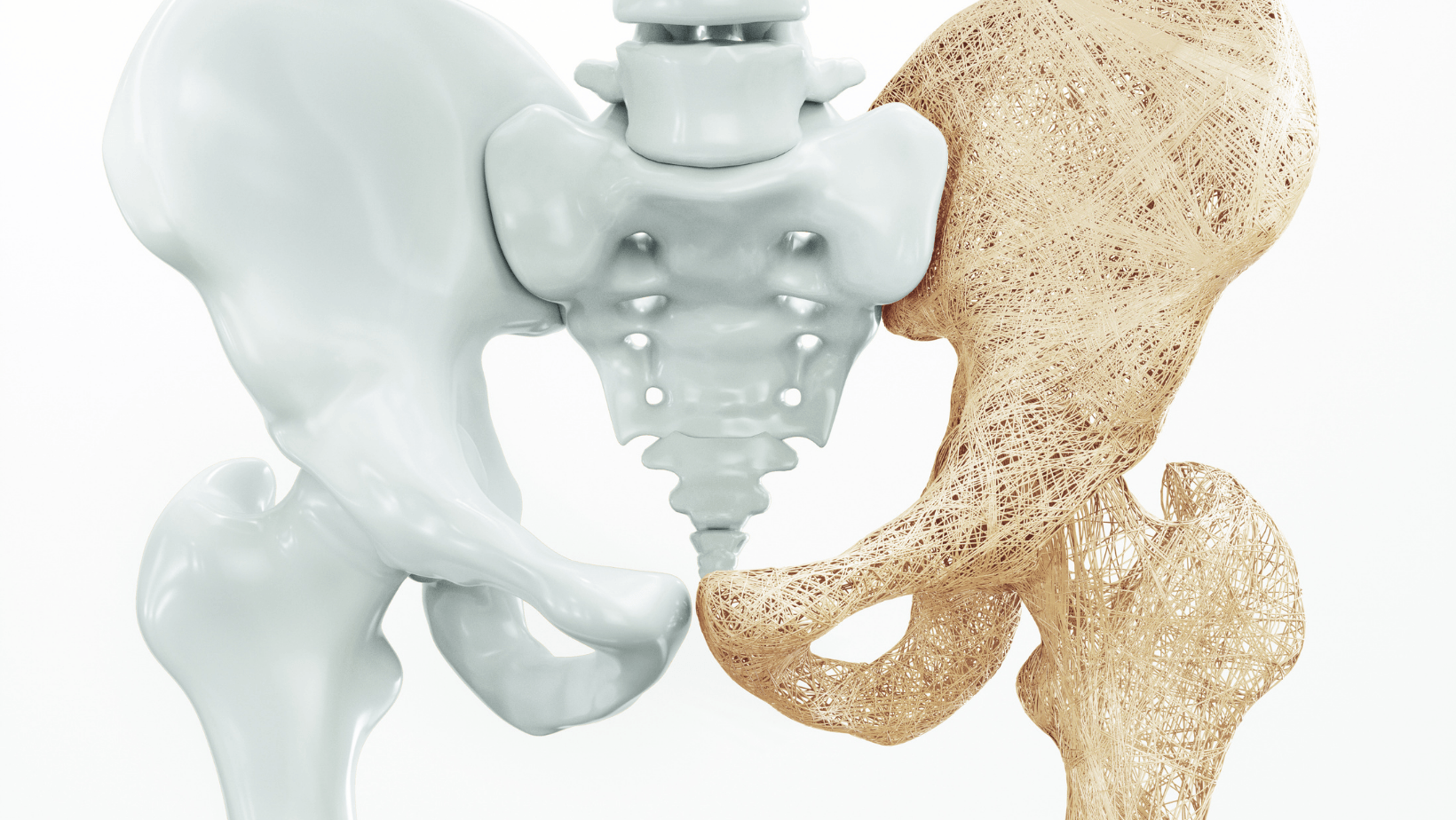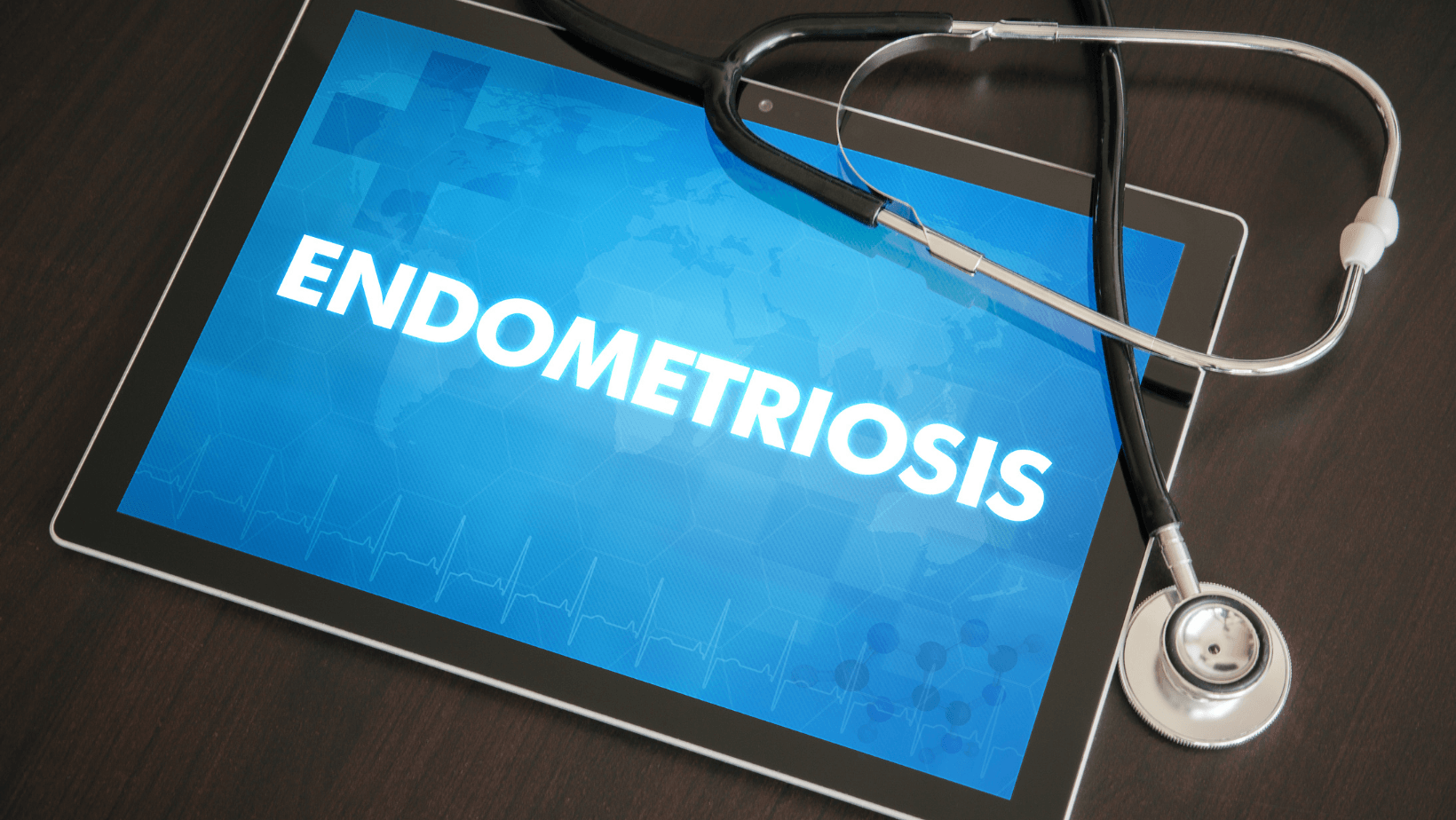Diabetes Mellitus (DM) - Symptoms and Causes - Avicenna Health
Diabetes Mellitus
Patient History:
A 16-years-old boy with Diabetes says: "I found out I had Diabetes a few days after my 5th birthday. I used to drink too much water and had to go to the bathroom more than usual. I also used to wake up very thirsty. After I was diagnosed with type 1 diabetes, the doctor prescribed insulin injections for my case, it wasn't fun initially, but after I received thousands of shots, I started to get used to them."
Definition of Diabetes Mellitus (DM):
Diabetes Mellitus: a group of conditions characterized by insulin-producing problems leading to elevated blood sugar.
There are two main types of Diabetes:
- Type 1 diabetes: is when the pancreatic cells that produce insulin are being destroyed.
- Type 2 diabetes: is when the pancreatic cells produce less insulin, or the body cells do not respond effectively due to an insulin resistance condition.
Gestational Diabetes is a diabetes condition that occurs during pregnancy when the blood glucose becomes higher than the body production ability of insulin.
Sometimes the glucose (sugar) levels can be elevated but not enough to be diagnosed with Diabetes Mellitus; this condition is often known as prediabetes.
How much time does it last?
Diabetes mellitus is a lifelong condition. Although Diabetes cannot be cured, it can go into remission with no symptoms or signs for a while. But the disease itself still exists.
Symptoms:
Symptoms can vary depending on the type of Diabetes that patients have. Type 1 diabetes symptoms are often more severe and appear more quickly, while type 2 diabetes symptoms tend to be minor in severity.
Type 1 and 2 diabetes symptoms often include:
- Polyuria – frequent urination due to producing a large amount of urine
- Polydipsia – feeling thirsty
- Hunger
- Weight loss
- Irritability or tiredness
- Blurred vision
- Slow healing of sores or cuts
- Paresthesia, especially in the lower extremity
- Feeling itchy, usually around the vagina or penis
Causes:
Before we get to the causes, we should first know how insulin and blood glucose work.
Mainly, when we eat too much sugar, the glucose gets elevated in the bloodstream, causing the pancreas gland to produce the insulin hormone that helps lower the amount of glucose in our bloodstream. So that any factor that may cause insulin secretion problems will, in turn, affect the blood glucose levels and may lead to diabetes mellitus.
The exact cause of Diabetes is often uncertain. Still, the mechanism can be explained by an immune disorder, whether the destruction of pancreatic cells caused it as in type 1 or caused by the insulin-resistance cells as in type 2.
It is believed that environmental and genetic factors play a significant role, but unfortunately, these factors are still unclear.
Researches have linked overweight with type 2 diabetes; still, being within normal does not mean you will not have Diabetes.
Risk Factors:
- Patients with a family history
- Environmental factors, like viral infections
- Positivity of some autoantibodies (particularly type 1)
- Age. Type 1 is more likely to affect patients during childhood, while type 2 often affects patients over 40.
- Gestational Diabetes. That can be a risk factor for type 2 diabetes
- Overweight and polycystic ovary syndrome (in type 2)
- Hypertension and elevated cholesterol levels can also be risk factors for type 2 diabetes.
When to see a doctor?
Diabetes mellitus should be monitored by a doctor. So if you think you might have Diabetes or have already been diagnosed with Diabetes, you have to see a doctor to follow up on your condition.
Signs and symptoms that indicate a serious condition include:
- Loss of consciousness
- Kussmaul respiration – heavy breath due to hyperventilation caused by acidosis.
- Newly numb or burning feeling in the top of your toes or fingers
- Urination less than normal
- Blurred vision
Diagnosis:
Diagnosis mainly depends on the laboratory test, but the patient's history and physical exam are as necessary as lab tests.
The most frequent lab test is the fasting blood sugar test; when the blood sugar levels are over 126 mg/dl, the patient is considered diabetic, and if it is between 100-125 mg/dl, we call it this case prediabetes. In comparison, the expected levels of fasting blood sugar are often below 100 mg/dl.
Random blood sugar tests can be performed at any time without being fasting. Like the previous, the blood sugar levels indicate the condition; when the blood sugar levels are over 200 mg/dl, Diabetes is often diagnosed.
An oral glucose tolerance test can be performed by giving the patient a sugary liquid after overnight fasting, then measuring blood sugar levels. The normal range is often below 140 mg/dl.
Glycated hemoglobin (A1C) can be diagnostic if its level is higher than 6.5%.
Imaging procedures are rarely used to look for tumors as a primary cause of Diabetes.
Differential Diagnosis:
- Diabetes insipidus
- Steroids therapy
- Glucose-secreting tumor
- Cushing syndrome
- transient hyperglycemia
- renal tubular acidosis
Management:
The main idea in the management is to lower blood sugar levels.
A doctor may ask you to stick to a diet of healthy food and do daily exercise. Still, these tips alone cannot help if you are diagnosed with type 1 or 2 diabetes. So that doctor often prescribes oral hypoglycemic drugs (for type 2) or insulin injections (for type 1)
A pancreas transplant is also an option, but it may hide some severe conditions due to the immune-suppressing drug use that will shut down your immune system.
And remember, if you have any concerns about non-emergent health conditions, you may schedule a telemedicine consult with the Avicenna Health provider for an individualized consultation.
References:
- Mayoclinic.org
- Webmd.com
- Nhs.uk
- Medscape.com













